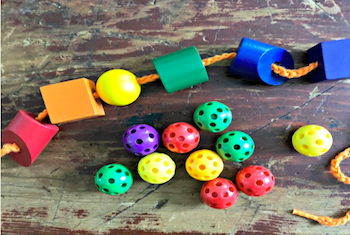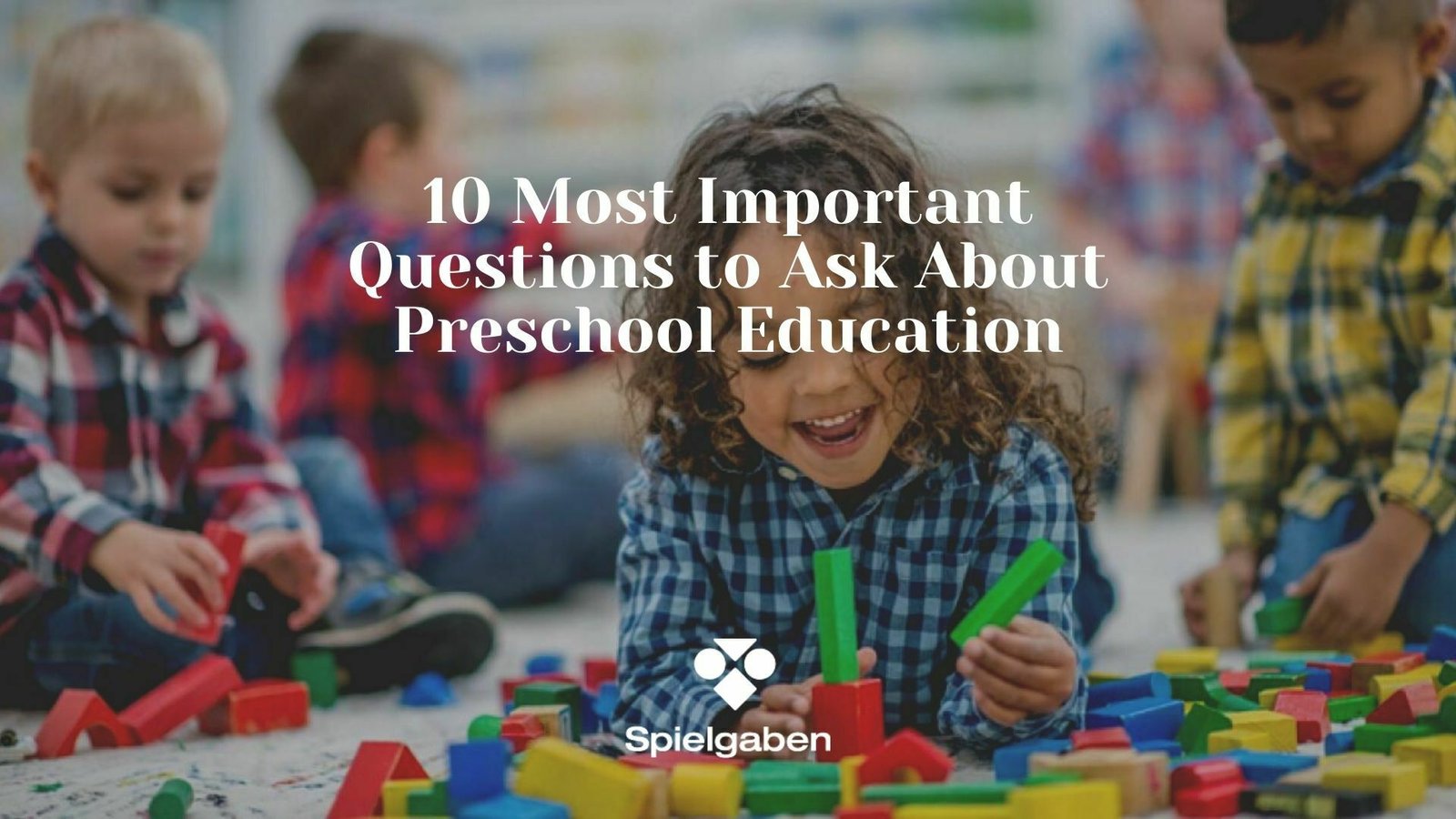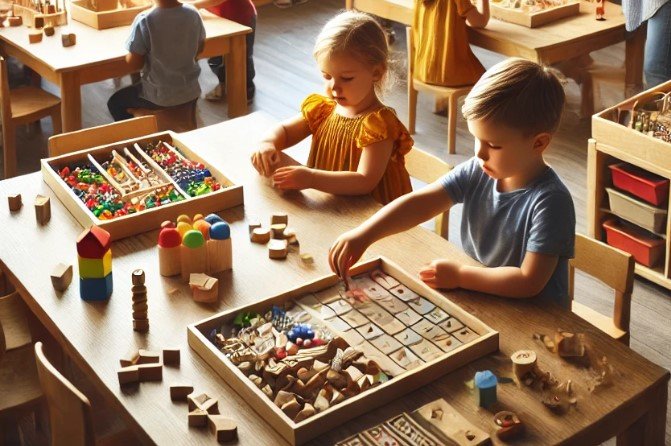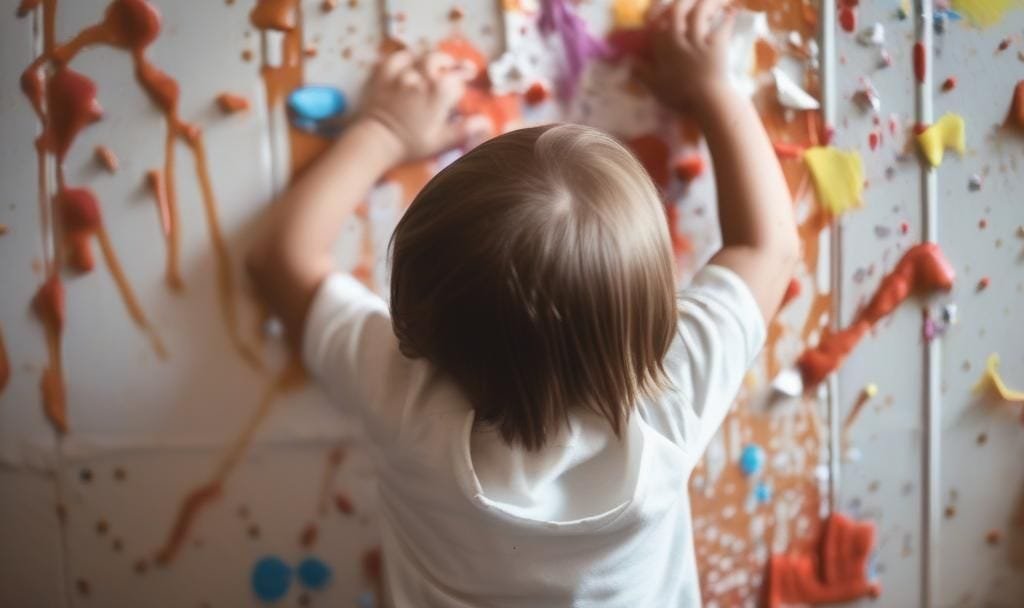19May
6 essential principles to remember when doing learning activities at home
Here are 6 essential principles to remember when doing learning activities at home with children. When you play with your children next time, see how many principles are met.
- Early learning should be a natural, fun process of exploration, discovery, and gradual mastery of skills. Pressure and stress have no place in early learning.
- Plan ahead and what activities to do and what materials will probably be appropriate for your child. Make different materials available, observing your child for sparks of spontaneous interest and focused attention. Children are learning like a campfire – They start learning small at first, but with the proper encouragement it becomes a flame. As your child finds more materials of interest and spends time using them, his ability to concentrate will improve. This is the key to home learning activities.
- Allow your child uninterrupted time to work with and repeat favorite activities.
- When your child masters an activity or skill, provide something slightly more challenging.
- When your child shows a spontaneous interest in numbers and words, start the Math and Reading Sequences.
- Follow your child’s interests from day to day.
Teaching at home is about helping children following the inner teacher in each child that guides their development. We don’t make lesson plans to decide what children should learn and when. Instead, we encourage children to trust themselves and their own instincts, interests, and abilities. By doing so, we create confident, independent people who welcome new challenges.
Will every activity go perfectly? Of course not. Preschoolers are in a unique time of life, enjoy it with them. As long as you are trying new things, giving your child the freedom to follow her interests, and having fun, you are on your way. When your child has frequent opportunities to find materials that arouse his spontaneous interest and attention, he/she will surprise you with what they do with materials around and learn from playing with them.













LEAVE A COMMENT